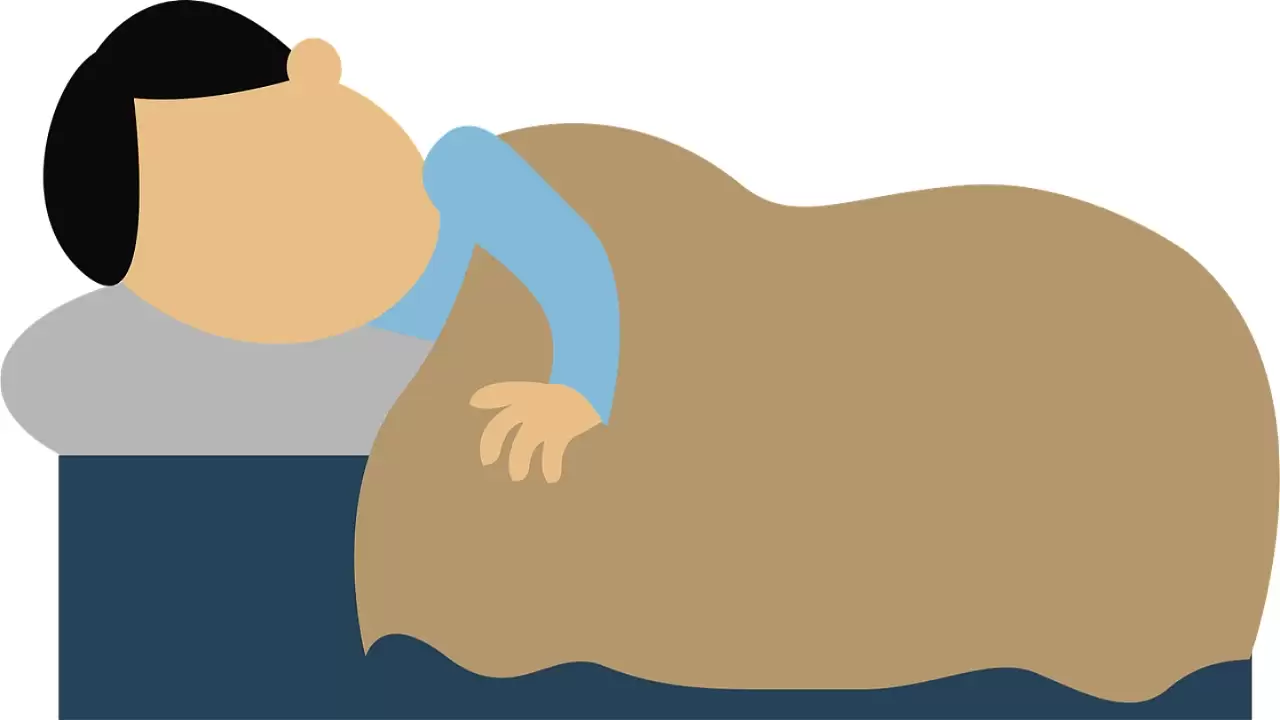Dreams are a process of sorting and cataloging the files of everything we experience, meant to be kept in our virtual library. (cloud backup)

Neuroscientists have already proposed that dreams result from brain maintenance activity but without a profound diagnosis of the activity carried out and its mystical nature. It is no coincidence that the pineal gland controls the sleep cycle in the brain, which is also the ruler and decoder of the subconscious. The eyelids are the "antennae of the subconscious," and it is not surprising that dream sleep causes a strong movement of the eyelids.
Dreams are not random; they mix memories, intuitive messages, experiences, states of mind, and more. At the same time, the clear messages in dreams have no chronological order, times, or logic! Freud's concept of dreams is quite simplistic. The ability to interpret dreams is a particularly challenging task. The attempt to determine uniform patterns for everyone in the interpretation of dreams is doomed to failure!
Dreams are carried out during REM sleep while a pronounced eye movement and movement of the eyelids serve as "antennae of the subconscious."
Link: Dream (Wikipedia)
Why do we dream according to this theory?
Dreams are not routine brain activity but a subconscious activity that circumvents logic. (Saving resources) It is also why dreams are not necessarily rational and do not have a logical and chronological order.
- Dreams are created while the subconscious sorts out all experiences and catalogs them. It is advisable to emphasize that all senses transmit information, including the subconscious. These are vast amounts of data that are stored entirely without exception.
- While dream sleep is being carried out (REM), the eyes and eyelids flicker while transferring all the vital information to the human cloud - the Akashic virtual library. (mystical concept)
- As we upload information to the cloud, bidirectional communication is created, and intuitive messages are transmitted, so it is unsurprising that generations have attributed prophetic properties to dreams! (The well-known biblical story of Joseph and Pharaoh in ancient Egypt is just one of many.)
- The subconscious mind keeps unresolved traumas "in a separate secret partition," to which there is usually no access.
We often do not remember dreams because dreams are not meant for practical use.
- We often dream long dreams in the early morning. We often remember dreams only if we suddenly wake up from a dream. (sometimes a frightening dream) even then, most of the details are forgotten.
- The theories that claim that dreams are a tool for survival are true, but the explanation is entirely different.
Without lowering the burden on the subconscious, our memory is also impaired.
Dreams are not random events, but at the same time, they have no time frames.
We occasionally attribute fixed meanings in different scenarios, such as snakes, spiders, animals, babies, birth, death, persecution, violence, death, fall, nakedness, sex, loneliness, and more.
- Those who have a powerful telepathic and intuitive ability can anticipate events that have not yet happened, even without dreams! At the same time, dreams sometimes hint at events that have not yet happened, but only in rare cases. Interpreting dreams is a challenging task, even if the details of the dream are fully remembered.
The telepathic-intuitive ability differs from person to person, as does the ability to attribute prophetic qualities to dreams. Attempting to interpret dreams using fixed patterns is unrealistic because interpretation is in the eye of the beholder.
Storing memories in the cloud sounds original, but humans unconsciously carry it out (akashic records). Dreams are fundamentally a maintenance process, not intending to foresee the future.

